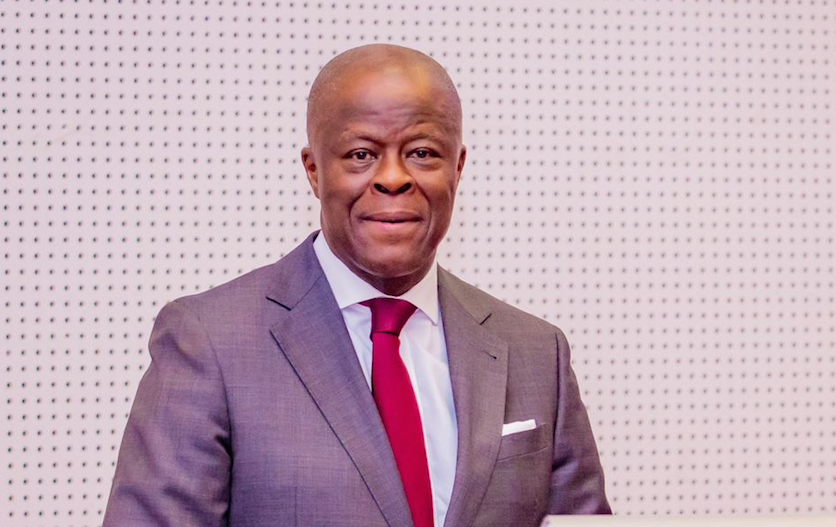Finance Minister and Coordinating Minister of the Economy, Wale Edun
The Federal Government has reiterated its unwavering commitment to the ongoing implementation of the Crude and Refined Product Sales in Naira initiative.
The government described it as a strategic, long-term policy aimed at strengthening Nigeria’s energy independence and reducing pressure on the nation’s foreign exchange reserves.
This reassurance came on Wednesday during a high-level update meeting of the Technical Sub-Committee overseeing the initiative.
The session brought together key government and industry stakeholders to assess the progress made so far and resolve emerging implementation issues.
Present at the meeting were the Minister of Finance and Coordinating Minister of the Economy, Mr. Wale Edun, who chairs the main Implementation Committee; Executive Chairman of the Federal Inland Revenue Service (FIRS) and Chairman of the Technical Sub-Committee, Mr. Zacch Adedeji; Chief Financial Officer of NNPC Limited, Mr. Dapo Segun; the Coordinator of NNPC Refineries; management of NNPC Trading; representatives of Dangote Petroleum Refinery and Petrochemicals; as well as top officials from the Nigerian Upstream Petroleum Regulatory Commission (NUPRC), Nigerian Midstream and Downstream Petroleum Regulatory Authority (NMDPRA), Central Bank of Nigeria (CBN), Nigerian Ports Authority (NPA), Afreximbank, and the Committee’s Secretary, Hauwa Ibrahim.
The stakeholders unanimously reaffirmed that the policy — approved by the Federal Executive Council (FEC) — is not a stopgap measure but a permanent economic strategy designed to promote local refining, improve energy security, and anchor the petroleum market in the domestic currency.
“This is a crucial national policy. It’s not a pilot scheme or short-term fix,” Mr. Edun emphasised. “It is central to our broader economic agenda and reflects our resolve to deepen the use of the Naira in critical sectors.”
While acknowledging that certain operational challenges have emerged since the rollout, the Committee assured that these are being tackled through a collaborative and consultative approach involving all relevant stakeholders.
“The initiative remains firmly on track,” Mr. Adedeji noted. “The collaborative framework we’ve built ensures that any hurdles are addressed in a timely and strategic manner.”
By denominating crude and refined petroleum transactions in Naira, the government aims to ease forex demand, stabilise the local currency, and create a more resilient domestic energy market.
Officials stressed that the initiative will persist as long as it continues to serve national economic interests and drive progress toward self-sufficiency in the energy sector.
